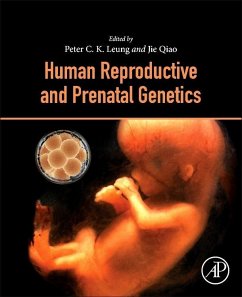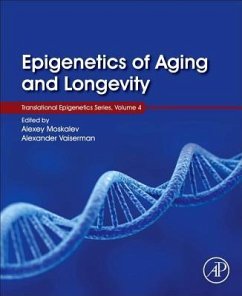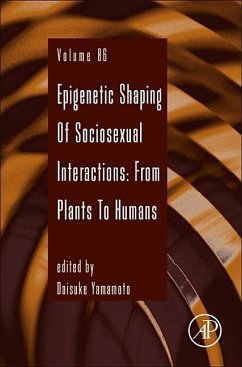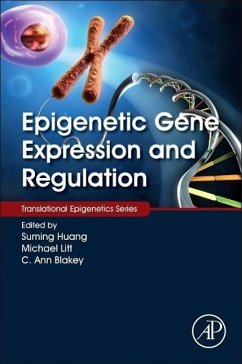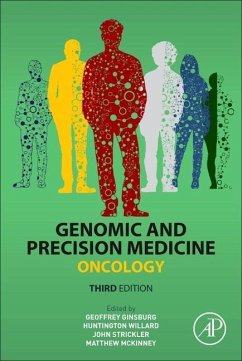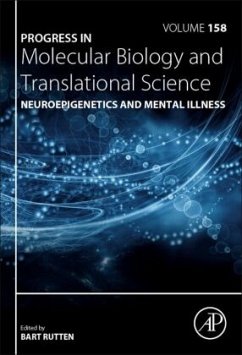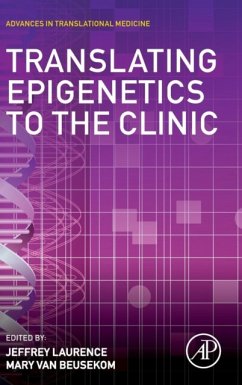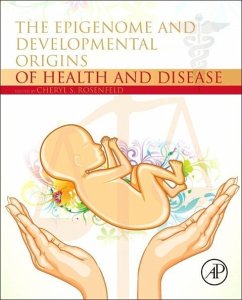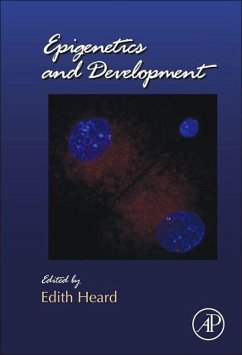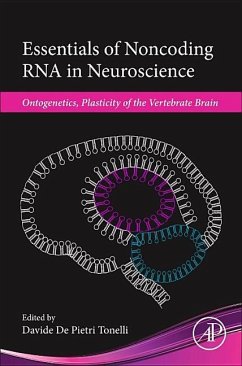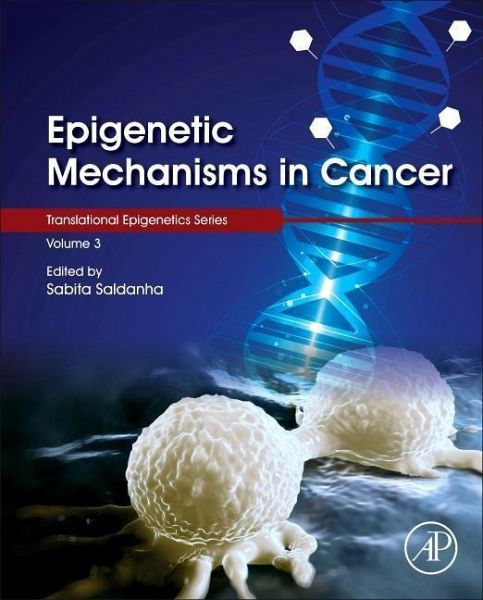
Epigenetic Mechanisms in Cancer
Volume 3
Herausgegeben: Saldanha, Sabita

PAYBACK Punkte
60 °P sammeln!
Epigenetic Mechanisms in Cancer provides a comprehensive analysis of epigenetic signatures that govern disease development, progression and metastasis. Epigenetic signatures dictating tumor etiologies present an opportunity for biomarker identification which has broad potential for improving diagnosis, prognosis, prediction, and risk assessment. This volumes offers a unique evaluation of signature differences in childhood, sex-specific and race-specific cancers, and in doing so broadly illuminates the scope of epigenetic biomarkers in clinical environments. Chapters detail the major epigenetic...
Epigenetic Mechanisms in Cancer provides a comprehensive analysis of epigenetic signatures that govern disease development, progression and metastasis. Epigenetic signatures dictating tumor etiologies present an opportunity for biomarker identification which has broad potential for improving diagnosis, prognosis, prediction, and risk assessment. This volumes offers a unique evaluation of signature differences in childhood, sex-specific and race-specific cancers, and in doing so broadly illuminates the scope of epigenetic biomarkers in clinical environments. Chapters detail the major epigenetic process in humans consisting of DNA methylation, histone modifications and microRNAs (miRNAs) involved in the initiation, progression and metastasis of tumors. Also delineated are recent technologies such as next generation sequencing that are used to identify epigenetic profiles (primarily methylation analysis) in samples (normal, benign and cancerous) and which are highly important to the analysis of epigenetic outcomes.




